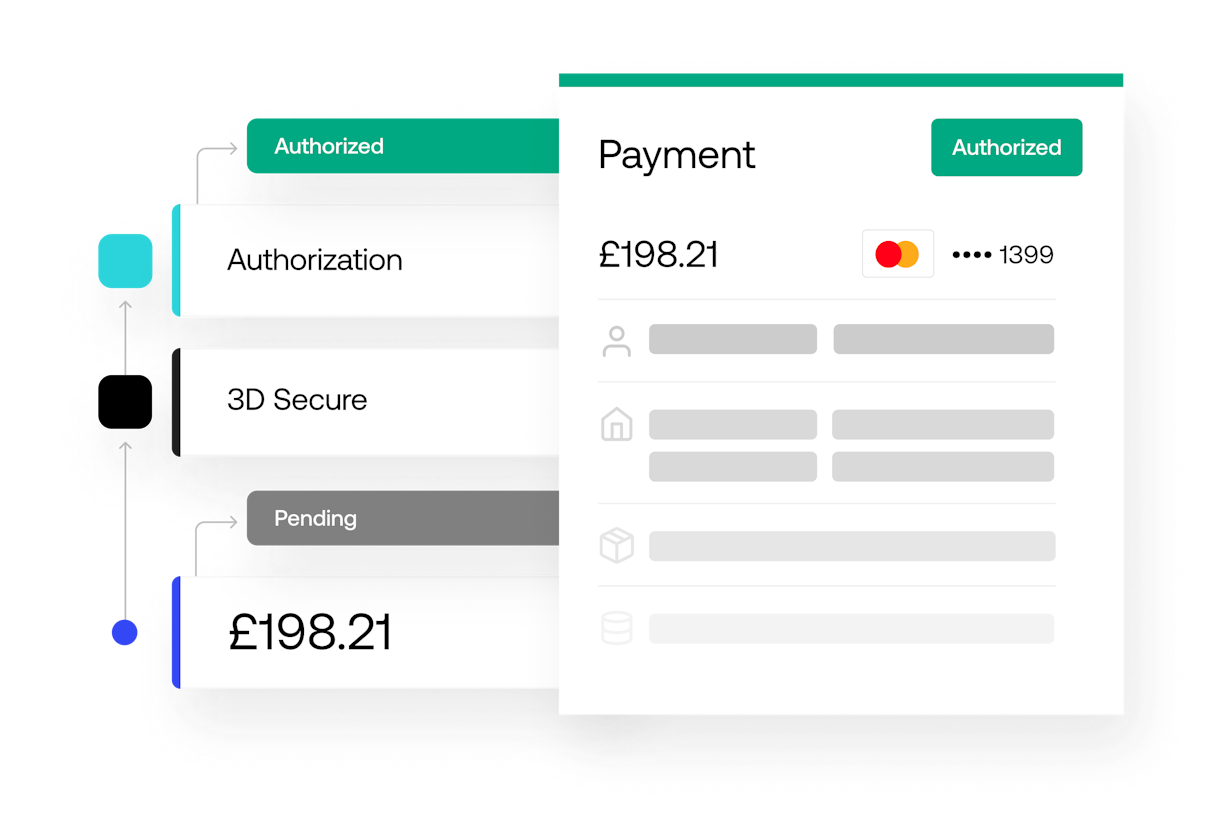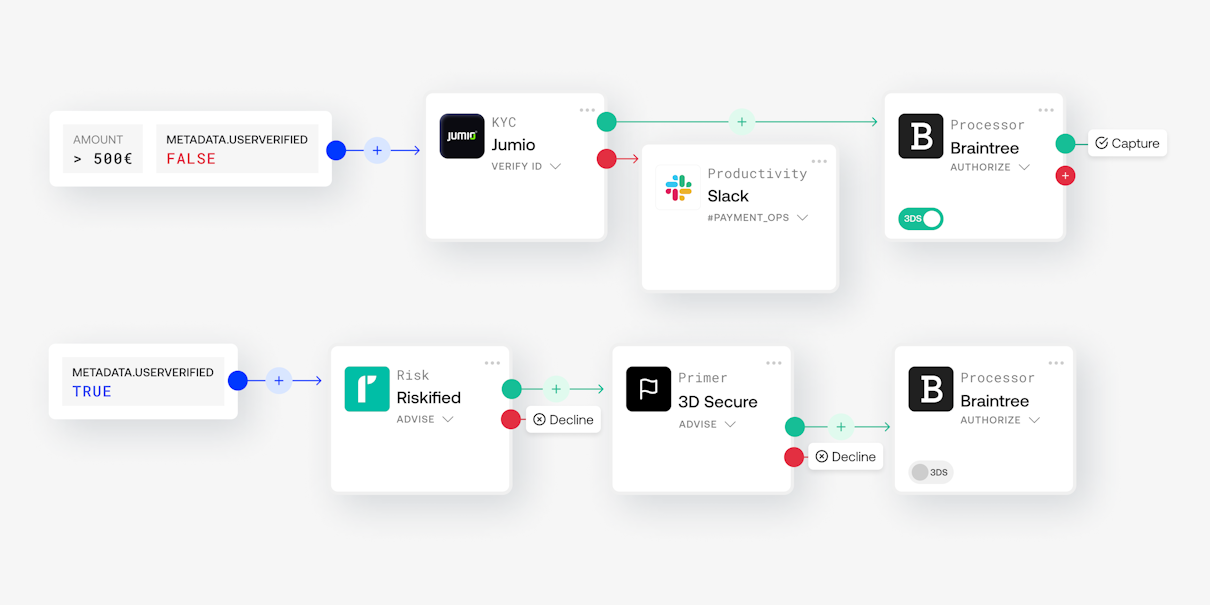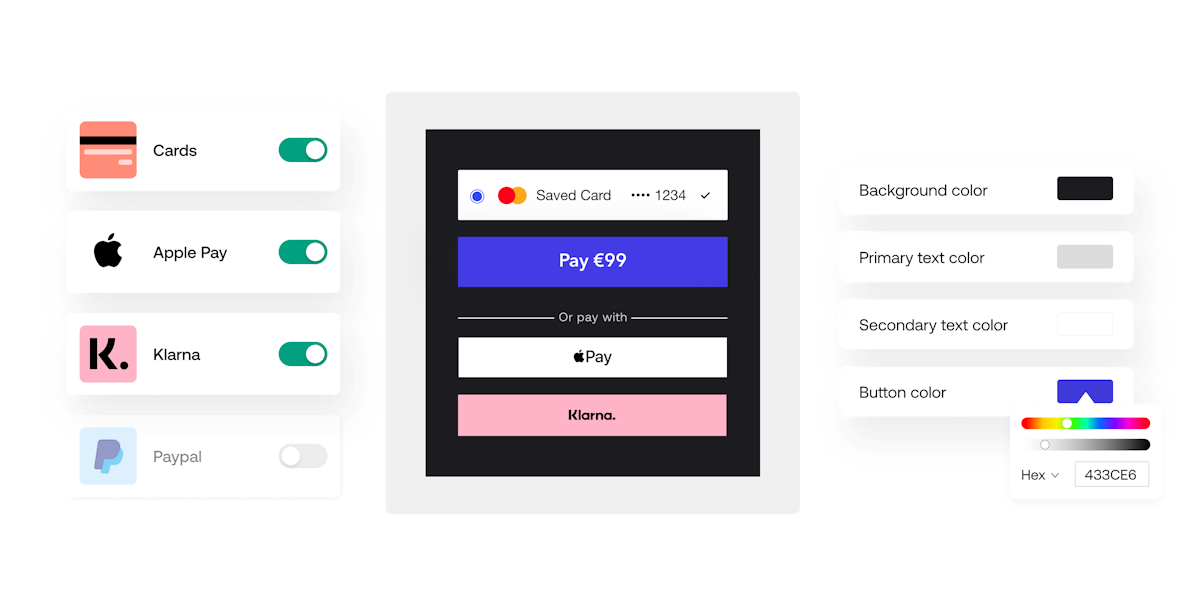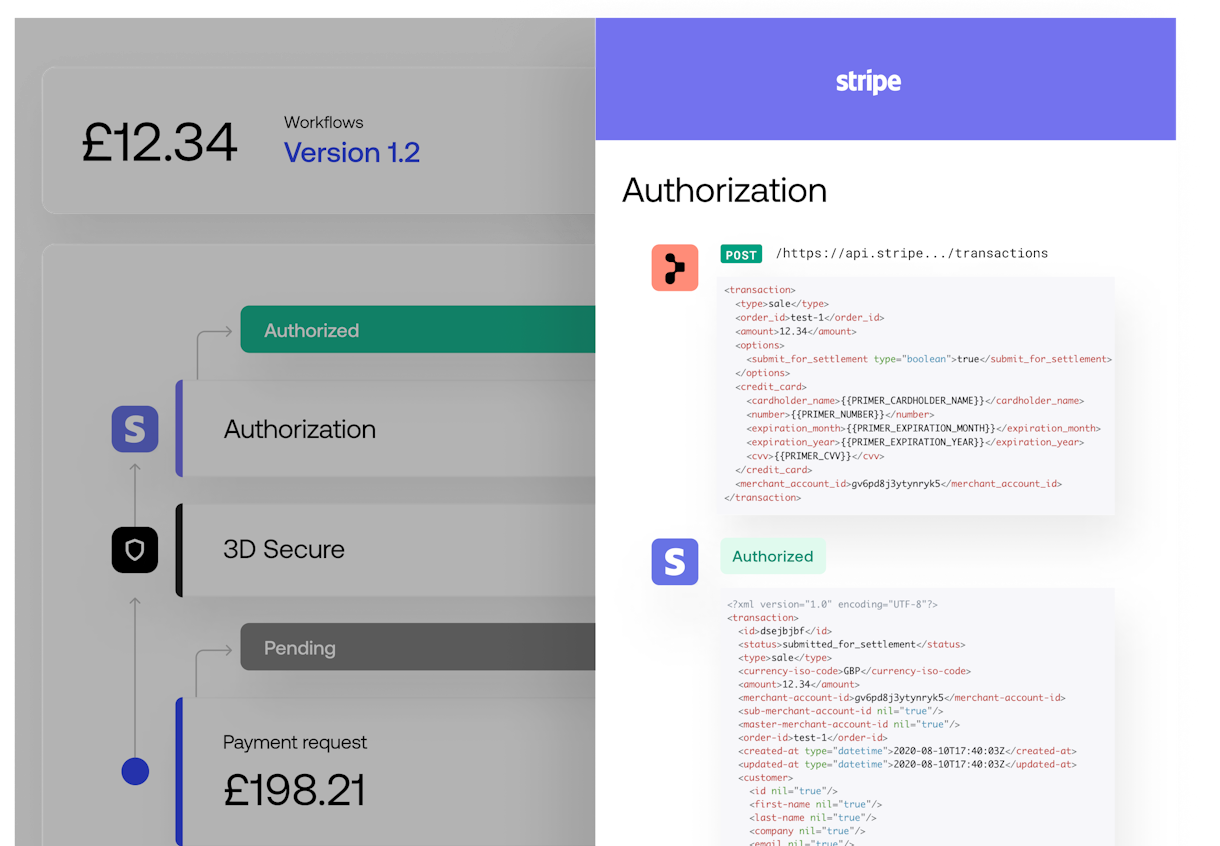Reinventing the payment: our vision and mission at Primer


CONTENTS
Introducing payment automationEnd-to-end payment flows with WorkflowsAggressively pro-developerThe easiest payment integration ever with Universal Checkout and Payments APINot a black box, it's your infrastructureThe devil's in the details... or is it?Building an open ecosystem for payments with Primer ConnectWatch this spaceEarly last year, my co-founder and I left PayPal/Braintree to start Primer. Having worked with PayPal's marquee merchants, including the likes of Spotify, Skyscanner, Airbnb, Uber and many others—we had developed a unique worldview on payments driven by deep technical insights.
Payments are now more than simply transactions. Today, a payment is a construct of the merchant's own making, and often involves complex payment flows leveraging a multitude of products, services and APIs from across the web �— or what we've dubbed, the payment stack.
Merchants and developers typically expand their payment stack in order to optimise for cost, increase approval rates, recover payments, mitigate fraud, handle complex recurring billing logic, improve conversion, meet local regulations including PSD2 and SCA, expand to new markets and avail the most relevant payment options to their customers, and that's really just the low-hanging fruit!
However, the current world of payments is simply not set up, nor incentivised, to lend the degree of flexibility, and agnosticism that developers and payments teams really need. Payments integrations (and perhaps more importantly, core components of payments acceptance technology) are tightly-coupled to individual payments services today. As engineers, we understand the issues tight coupling presents.
That's why we've built the world's first automation platform for payments. Automation fundamentally enables merchants and developers to build their ideal payment from scratch, kind of like Lego.

So how have we gone about achieving this? We've split Primer into three core product areas to solve the most varied and sophisticated payment flows we've ever encountered across many hundreds of deep-dive technical workshops with the biggest companies on the planet: Universal Checkout, Workflows and Connections.
Introducing payment automation
Expand your payments stack with clicks, not code.
Connections are third-party products and APIs that exist across the payments services stack, and beyond. These include PSPs, payment methods, fraud engines, loyalty and rewards platforms, BI tools, accounting software... and can even include non-payments specific tools such as Slack, Zendesk, Twilio, etc.
With Primer, you can now use the very best products and services from across the web to construct your ideal payment flows, and our platform makes this totally seamless no matter how complex your payments stack.
End-to-end payment flows with Workflows
Workflows enable anyone to build complete end-to-end payment flows for the first time with a beautiful drag-and-drop interface. This extends far beyond merely directing payments to specific PSPs or processors once payment method information has been captured.
With Primer, a payment flow can include subsequent steps at checkout with no additional code. Whether its verifying via 3D Secure, or capturing additional information such as CVV, displaying an identity check with a KYC service, or any other downstream front-end flow you would like to avail as part of the overall payments lifecycle - Workflows will sync with your checkout on your page dynamically. This is a world's first, and we're super pumped about this.

Aggressively pro-developer
Having suffered the pain of helping hundreds of merchants integrate payments into their existing tech stacks, we've given payments integration a complete re-think from the ground up, putting developers first and offering unparalleled flexibility to payments teams.
Our DX (Developer Experience) team had a big vision: that a developer shouldn't need the foresight of the varied payment flows, and payments experiences that will be presented to customers now or in the future — no matter how ridiculously complex. This was a lofty goal, and we think we've cracked it.

The easiest payment integration ever with Universal Checkout and Payments API
Universal Checkout is one of the biggest realisations of our efforts. It's a super customisable, fully in-context drop-in checkout for the web and mobile, configured entirely via the Dashboard where anybody from developers, to payments teams, UX and marketing folks can construct the best payments experiences for their customers, wherever they are.
One of our core goals at Primer is to make payments a first-class product area in any organisation. We take inspiration from the likes of Figma for design, or Postmark for email, or Datadog, Tableau, and the like. These tools enable more folks in organisations to contribute at a higher level than was previously possible across these areas.
Now, with just a few lines of code you can build a fully dynamic and secure, completely unified checkout experience driven by comprehensive business logic configured via Dashboard and Workflows. Avail any payment method, for any processor and PSP with no compromises whatsoever.
1<link rel="stylesheet" href="https://sdk.primer.io/web/v2.0.0/Checkout.css" />
2<script src="https://sdk.primer.io/web/v2.0.0/Primer.min.js" crossorigin="anonymous"></script>
3For our vision for payments automation, enabling you to integrate payments once wasn't enough. We wanted to make it so you only needed to learn payments once.
We've devised a unified payment lifecycle, so developers can programmatically handle payments uniformly, regardless of the various payment methods, processors, and other products, services and APIs you'll be leveraging across your payments stack. No more fragmented data models, and fewer touchpoints for payments processing, management and order fulfilment.

Our Payments API needs only to accept a secure payment method token enriched with payment method and order data returned from the checkout, and will respond with a uniform payment status derived from your workflow.
1
2{
3 "id": "slklmjh4",
4 "status": "AUTHORIZED",
5 "orderId": "<YOUR_ORDER_ID>",
6 "currencyCode": "GBP",
7 "amount": 800,
8 "paymentMethodToken": "<PAYMENT_METHOD_TOKEN>"
9}Not a black box, it's your infrastructure
At least 10 times a week at Primer, someone will say the words, "Primer is not a black box." This is central to our ethos to provide unparalleled visibility not just across the payments stack with consolidated reporting and insights, but even in how you interact with third-party services (or Connections on Primer).

We have a saying, "it's your payments infrastructure, we're just hosting it." We wanted to provide developers with full visibility of what's going on under the hood. So far, this has helped us to work collaboratively with our customers to build better models and to funnel these into rich data and insights.
The devil's in the details... or is it?
Not at Primer. If you've suffered the complexities of grappling with a fragmented software architecture around payments, you're going to have a million questions. What about SCA? Recurring billing flags? Network transaction IDs? Vaulting? BIN data? Mobile wallets? Network tokenisation? PCI compliance? Dynamic 3DS? ...
As cliché as it sounds, "it just works."
Primer was never going to be able to deliver on the promise of building a true automation platform for payments without taking care of all the nitty gritty details often handled by payments services themselves.
Our deep technical insights in to how payments processing works has shaped Primer from day one, and this enables us to provide a weirdly seamless experience no matter how complex your payment flows.
Building an open ecosystem for payments with Primer Connect
When initially devising Primer, one of our points of contention was to figure out how to remove ourselves as a bottleneck. Connections on Primer are underpinned by an app framework we've created, called "Primer Connect". This year we'll be releasing comprehensive documentation so third-parties can autonomously and freely develop their own connections on Primer.
Some of the biggest companies in payments, and across the payments stack have now claimed their connections, including Klarna, Mollie, GoCardless, Worldline, Riskified, Sift, TaxJar and many others. Everyone at Primer is super excited to see the breadth of new connections and payments experiences developers and payments teams will build through this new paradigm.
Watch this space
We've been extremely heads-down these past 18 months building what we think of as the most comprehensive and open payment platforms, ever.
We're working on some really, really exciting things to better make payments a first-class product area in any organisation, and to power the best possible payment experiences for customers, wherever they are.
Visit our homepage and LinkedIn to keep up to date with our latest developments. If you'd like to join us on our journey, we're hiring globally and extensively across all areas.